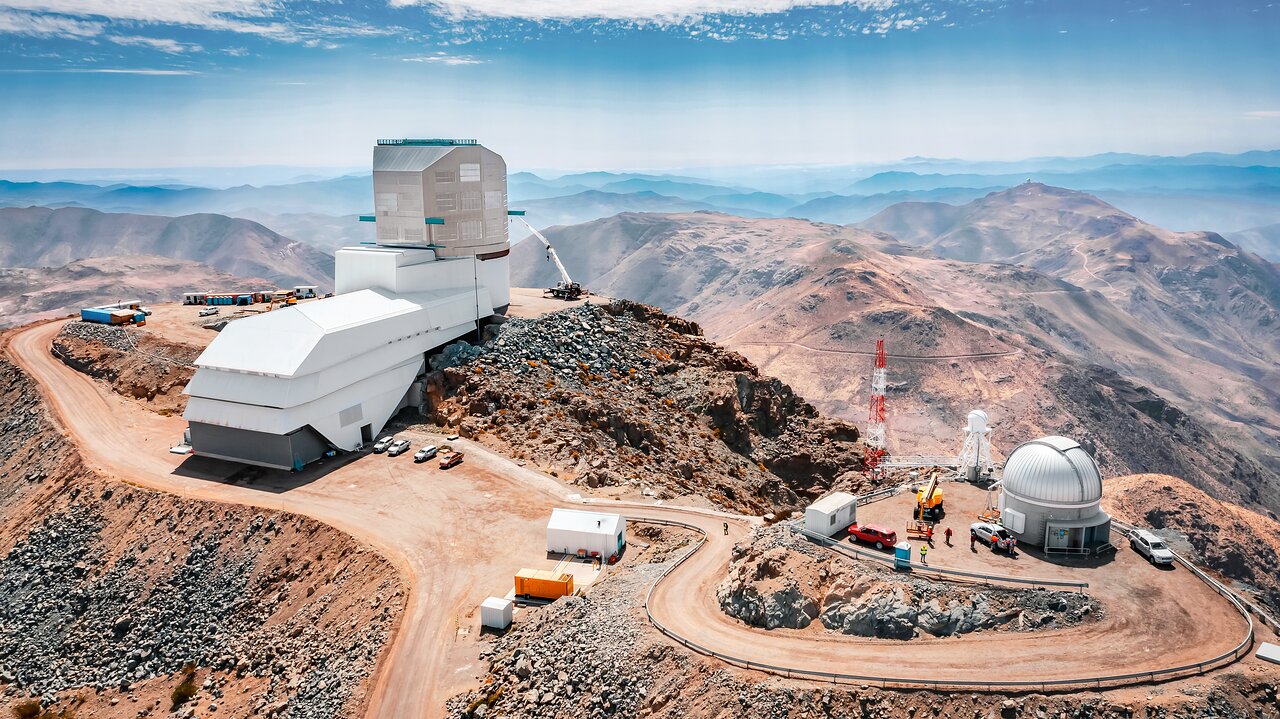We recently reported on how the mountains of data produced by astronomical instruments are “perfect for AI.” We’ve also started reporting on several use cases for different AI algorithms. Now, a team of researchers from the University of Texas has developed a new use case that focuses on discovering the interior makeup of exoplanets by looking at a specific type of star.
Continue reading “Astronomers Use Artificial Intelligence To Find Elusive Stars “Gobbling Up” Planets”Fast-Tracking the Search for Habitable Worlds

Modern astronomy would struggle without AI and machine learning (ML), which have become indispensable tools. They alone have the capability to manage and work with the vast amounts of data that modern telescopes generate. ML can sift through large datasets, seeking specified patterns that would take humans far longer to find.
The search for biosignatures on Earth-like exoplanets is a critical part of contemporary astronomy, and ML can play a big role in it.
Continue reading “Fast-Tracking the Search for Habitable Worlds”Astronomers Have Tools That Can Help Detect Deepfake Images

There’s a burgeoning arms race between Artificial Intelligence (AI) deepfake images and the methods used to detect them. The latest advancement on the detection side comes from astronomy. The intricate methods used to dissect and understand light in astronomical images can be brought to bear on deepfakes.
Continue reading “Astronomers Have Tools That Can Help Detect Deepfake Images”Astronomy Generates Mountains of Data. That’s Perfect for AI

Consumer-grade AI is finding its way into people’s daily lives with its ability to generate text and images and automate tasks. But astronomers need much more powerful, specialized AI. The vast amounts of observational data generated by modern telescopes and observatories defies astronomers’ efforts to extract all of its meaning.
Continue reading “Astronomy Generates Mountains of Data. That’s Perfect for AI”Does the Rise of AI Explain the Great Silence in the Universe?
Artificial Intelligence is making its presence felt in thousands of different ways. It helps scientists make sense of vast troves of data; it helps detect financial fraud; it drives our cars; it feeds us music suggestions; its chatbots drive us crazy. And it’s only getting started.
Are we capable of understanding how quickly AI will continue to develop? And if the answer is no, does that constitute the Great Filter?
Continue reading “Does the Rise of AI Explain the Great Silence in the Universe?”

